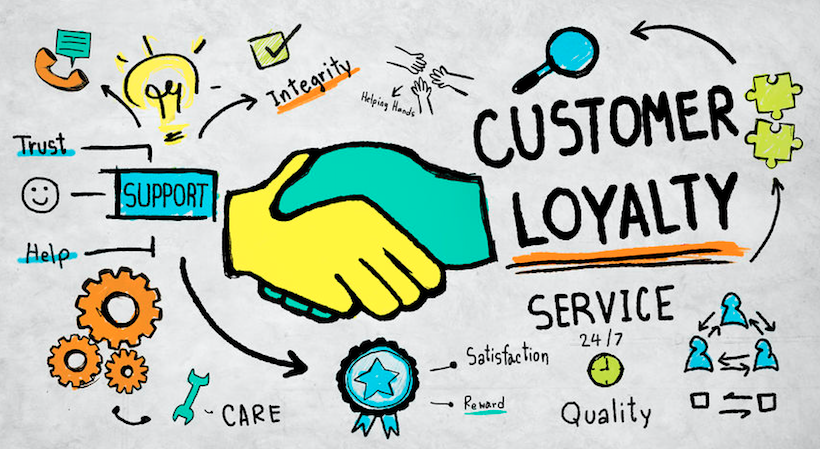We use mobile messaging apps daily, in both our professional and personal lives. Thus, it’s understandable that many startups are using them for work during these unprecedented times. But how can startups harness the power of messaging apps when it comes to business?
Messaging apps can provide many benefits to your company’s communications strategy. Some of the more obvious benefits include:
- Mobile-first can be used easily when on the move
- Real time team and client/customer communication
- Connects remote teams
- Makes internal communication much faster
- Replaces long, unwieldy email chains
- Makes previously invisible contact and collaboration (i.e. meetings and phone calls) visible and shared in the organization
- Cost savings (i.e. on international or long-distance phone calls and travel)
- Presence awareness: the ability to see when colleagues are available/unavailable
- Productivity
- Improved employee engagement, motivation and morale through sharing of team triumphs and wins
- Customer service apps and AI automation help you to provide customer service at scale
StartupNation exclusive discounts and savings on Dell products and accessories: Learn more here
Categorizing messaging apps and tools
Understanding what messaging tools are out there can help you define the technology that you may require, as well as the possible benefits to your business.
Messaging apps can be broadly categorized as the following:
Professional messaging apps
Professional messaging, for use by businesses and individual professionals, is distinct from consumer messaging platforms (i.e. WhatsApp or Facebook Messenger), largely because of the required admin features, additional controls and legal compliance.
Professional messaging apps are fast and professional forms of communication that can benefit your business in a number of ways:
- Used interpersonally for direct messages as well as for groups
- Used internally and externally across organizations for group and individual messaging
- Extensively used for social, networking, community purposes
- Provides a business with full control, configuration, governance and data compliance via app/web admin interface managed by the business
These apps are the professional equivalent of the consumer apps like WhatsApp or Facebook Messenger, which should not be used for business purposes. Instead, these professional messaging apps work well for high value customer groups, networks and communities, as well as one-to-one interpersonal messaging.
Some apps are designed to meet the requirements and legislation of particular industries (i.e. Hospify for health care) while others are general purpose business messaging apps.
Examples of professional messaging apps: Hospify, Guild, Novastone
Related: How to Magnetize Your Messaging with a Unique Brand Voice
Workflow communications tools
Although these solutions enable messaging, they are not “messaging apps” in the pure sense of the first category. They are about communication more broadly, and although there is a social element, the focus is on project and task collaboration in teams. These tools are more about productivity and efficiency rather than communication, connection or community.
The main purpose of these tools is for team collaboration around projects and tasks, and are used in teams with some direct messaging between team members.
Examples of workflow communications tools: MS Teams and Slack
It’s time for you to master your messaging
Mobile messaging is still a relatively new business communications channel, in spite of its unstoppable growth. It feels a lot like social media did a decade ago.
As more digital tools are added to the internal and external communications mix, including workflow communications, video conferencing and messaging, it’s important to clarify what messaging medium (not simply which technology) is best suited to your startup’s particular purposes or needs.
Your business needs to understand the benefits and risks of messaging in order to create messaging strategies and choose the right technologies to protect your business.
Whether you are considering providing customer support via consumer messaging apps, getting your remote working right, or ensuring data sharing is compliant around messaging, it is time for you to harness the potential of mobile messaging while successfully navigating the risks.
Originally published June 25, 2020.






